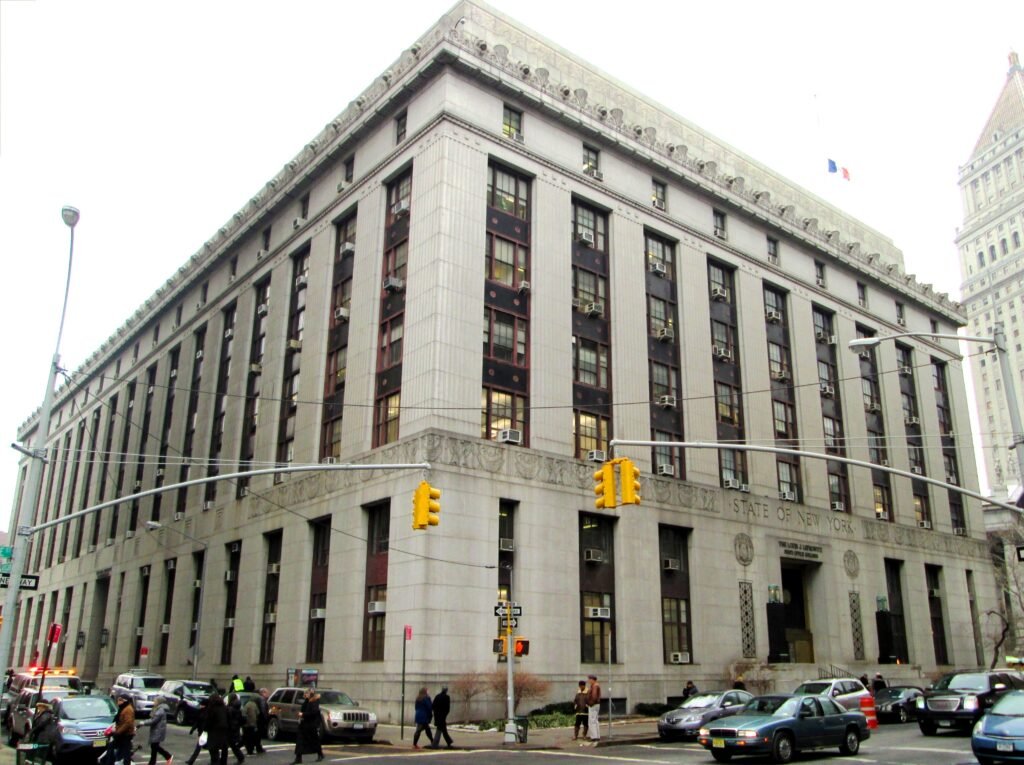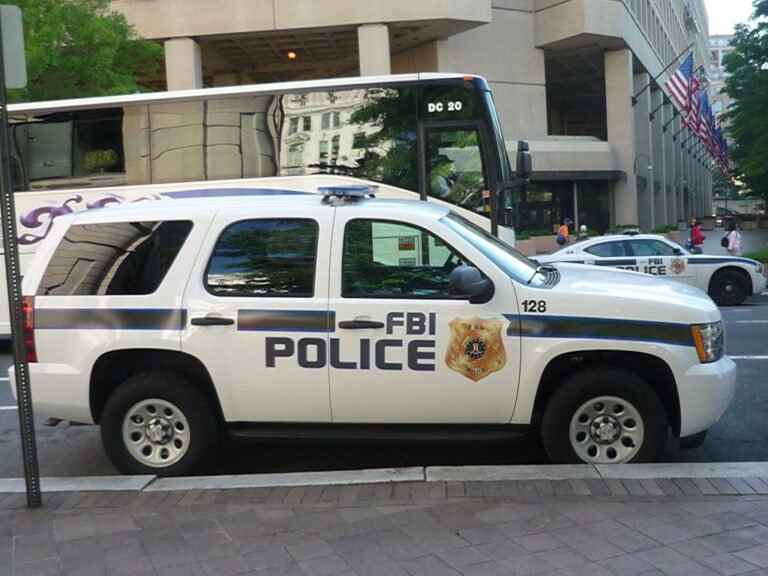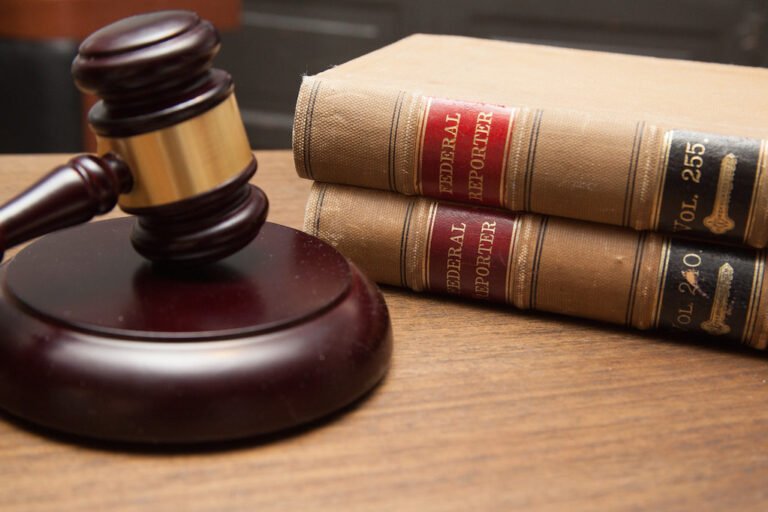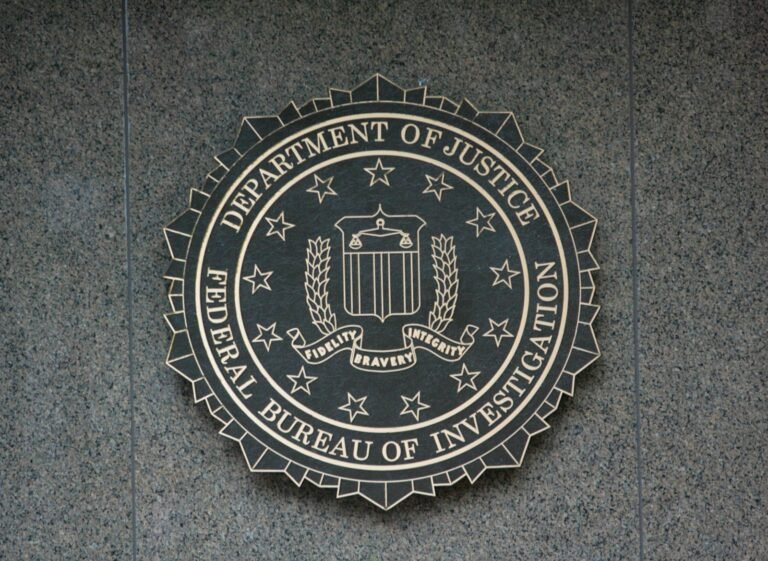
McLEAN, VA — Booz Allen Hamilton Holding Corporation has reached an agreement to pay $15,875,000 to the United States to settle claims that its subsidiary, Booz Allen Hamilton Engineering Services LLC (BES), engaged in deceptive practices related to a General Services Administration (GSA) task order for providing military training simulators and systems to various U.S. Department of Defense (DoD) agencies, including the Air Force.
The settlement, arises from allegations that BES knowingly submitted false claims to the federal government. Based in Annapolis Junction, Maryland, BES was accused of breaching the False Claims Act due to the fraudulent actions of former program managers John G. Hancock and Karen K. Paulsen, as well as former Air Force contracting official Keith A. Seguin and David J. Bolduc Jr., co-owner of BES subcontractor QuantaDyn Corporation.
Booz Allen Hamilton Holding Corporation is a leading global consulting firm that provides a wide range of services in management, technology, analytics, engineering, digital solutions, and cybersecurity. They cater to governments, businesses, and non-profit organizations, with a strong focus on cutting-edge fields such as artificial intelligence, machine learning, automation, predictive modeling, and quantum computing, as well as data science, visualization, and analysis.
Quantum Corporation specializes in solutions for the management and storage of digital video and unstructured data. Their product lineup includes Myriad All-Flash File and Object Storage Software designed for AI, machine learning, and data analytics, Unified Surveillance Platform Software for video monitoring, StorNext Hybrid Flash/Disk File Storage Software tailored for video editing and streaming, and CatDV Asset Management Software for efficient asset indexing and workflow management.
The government claims that Seguin improperly disclosed confidential contracting and budget information to Hancock and Paulsen. The BES managers then exploited this sensitive information to sway the GSA’s decision in favor of awarding the task order for military training simulators to BES. Following this, BES issued task orders to QuantaDyn, which included fraudulent price quotes derived from the unlawfully obtained government data.
The deceptive actions persisted even after the GSA contract was granted, with Hancock, Paulsen, Seguin, and Bolduc reportedly filing false claims for 37 modules that BES had awarded to QuantaDyn on a sole-source basis. The GSA approved payment for these fraudulent claims. In a prior resolution, Hancock, Paulsen, Seguin, and Bolduc reached settlements regarding criminal charges tied to their participation in this scheme.
Brian M. Boynton, Principal Deputy Assistant Attorney General and leader of the Justice Department’s Civil Division, highlighted that contractors who inappropriately access sensitive government information jeopardize the integrity of the procurement process. “This settlement demonstrates our continuing commitment to protecting the integrity of the government’s procurement process,” said Boynton.
U.S. Attorney Jaime Esparza for the Western District of Texas praised the efforts to hold accountable those involved in the scheme. “This settlement is the result of a coordinated effort to bring justice and close the book on this fraudulent scheme that defrauded the United States,” Esparza said.
Robert P. Storch, Inspector General of the Department of Defense, reiterated the dedication of the Defense Criminal Investigative Service (DCIS) to pursue those who undermine the integrity of DoD contracting. “This settlement highlights our commitment to holding accountable those who seek to enrich themselves at the expense of American taxpayers and warfighters,” Storch stated.
The GSA Office of Inspector General also reaffirmed its commitment to protecting taxpayer dollars and maintaining the integrity of federal contracting. “We will continue working with law enforcement partners to root out fraud and corruption,” said GSA Deputy Inspector General Robert C. Erickson.
The settlement is the result of a joint effort by the Civil Division’s Commercial Litigation Branch, Fraud Section, the U.S. Attorney’s Office for the Western District of Texas, and several law enforcement agencies, including the GSA OIG, DCIS, and the Defense Contract Audit Agency (DCAA).
Per The Settlement: The parties involved have reached an agreement to pay the United States a total of $1,000,000, along with interest, to settle allegations made under the False Claims Act. This payment will be made in three installments: the first installment of $500,000 is due within 10 days of the agreement’s effective date, followed by $300,000 within one year, and the final $200,000 within two years. The total amount is secured by liens on designated properties. Should the parties undergo a sale or merger, the remaining payments will be expedited.
Once the full settlement amount is received, the United States will release the settling parties from any civil or administrative monetary claims related to the specified conduct under various federal laws, with the exception of claims concerning tax liabilities, criminal activities, and other specific issues such as defective products or personal injury
In 2020, QuantaDyn Corporation, based in Ashburn, Virginia, entered a guilty plea and settled a bribery case, although this is not directly related to the current matter. The Department of Justice announced that QuantaDyn had agreed to resolve civil claims linked to allegations of a bribery scheme aimed at securing government contracts for training simulators. This resolution was part of a larger settlement that included the company’s guilty plea. Under the terms of the plea agreement, QuantaDyn is set to pay $37,757,713.91 in restitution, which will also address its civil liability under the False Claims Act concerning the scheme. Additionally, William T. Dunn Jr., the majority owner and CEO of QuantaDyn, has personally paid $500,000 to settle his own liability under the False Claims Act.
Former program managers John G. Hancock and Karen K. Paulsen were accused of engaging in fraudulent activities alongside Keith A. Seguin, a civilian Air Force employee and contracting official, as well as David J. Bolduc Jr., co-owner and manager of a BES subcontractor. Their actions led to the General Services Administration (GSA) awarding a task order for training simulators to BES, which subsequently issued task orders to QuantaDyn. The government claimed that Seguin improperly shared confidential government contracting and budget information, as well as sensitive bid information, with Hancock and Paulsen, who knowingly used this unauthorized information to influence the GSA’s decision in favor of BES.
“When government contractors pay bribes to military contracting officials to obtain contracts, they prevent both our military and the American taxpayers from receiving products that are procured fairly and objectively and at a reasonable price,” said Acting Assistant Attorney General Jeffrey Bossert Clark for the Department of Justice’s Civil Division. “Today’s settlement demonstrates our continuing commitment to protecting the integrity of the government’s procurement process and ensuring that is untainted by fraud and corruption.”
Furthermore, the government alleged that after the GSA award, Hancock, Paulsen, Seguin, and Bolduc exploited confidential government budget data to create and submit price quotes to the GSA for the modules awarded to QuantaDyn on a sole-source basis. This conduct was believed to ultimately have benefited BES through the actions of Hancock and Paulsen.


